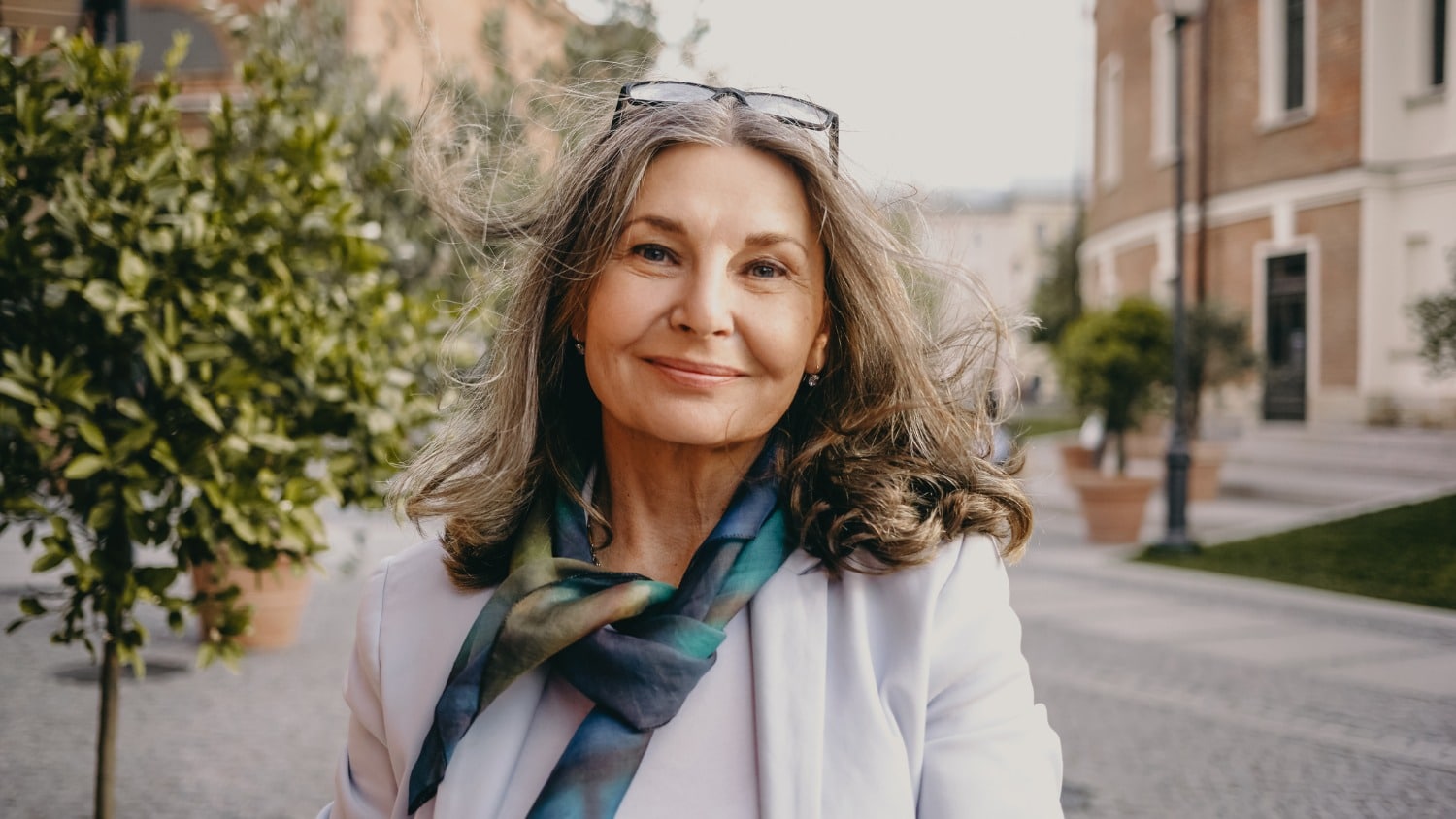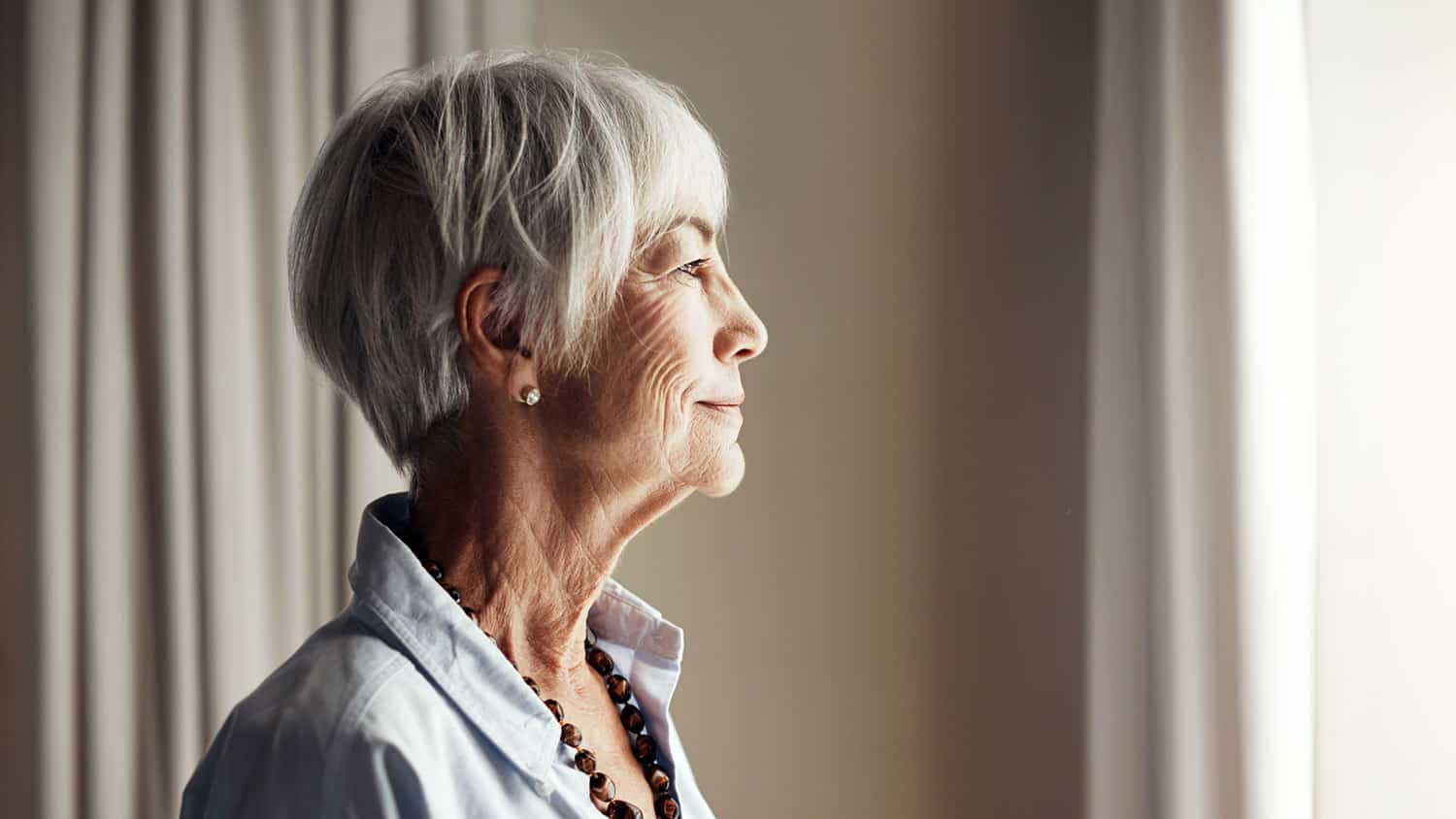
Why It Is Important to Show Your Gratitude – the Benefits of Grateful Living
Kristi Nelson is the executive director of a Network for Grateful Living. I was particularly interested in the topic of gratitude because – of all the traits I observe in older adults living a quality life – that one consistently rises to the top.
But as I soon discovered from Kristi, living in gratefulness is different from being grateful. Let’s find out more.
Gratitude vs Grateful Living
According to Kristi, gratitude is transactional. It is a response to something. For example, when I go to bed each night, I recall three things from my day for which I am grateful. So, I could be grateful for speaking in front of a group or solving a problem. It is very specific.
When you feel life is peachy keen and everything is going your way, you have a sense of gratitude. But what if it’s not going your way? Then all of a sudden, we are not grateful! As Kristi shares, gratitude is highly conditional and based on circumstances. It is transitory and transactional.
We should think of gratefulness as an approach to life, just like mindfulness is an approach to life. Grateful living is a set of practices and pathways that help us live more gratefully. You can think of gratefulness as proactive, kind of like gratitude in advance.
So, when you wake up in the morning, you wake up gratefully. Nothing has happened yet (transactional) that you can express gratitude for, yet you are grateful for just being here, able to put those two feet on the floor and live your life. Grateful living is steeped in the idea that life in itself is a gift. It’s unconditional gratitude if you will.
Benefits of Grateful Living
Living in gratitude has health benefits. When you live gratefully, you most likely live with less stress. And stress causes inflammation in the body that leads to disease.
Studies have shown that living in gratefulness benefits the immune system and the heart and provides all kinds of other health benefits.
There are personal benefits as well. For example, the emotional intelligence benefit, your ability to recognize and understand emotions in yourself and others, and your ability to use this awareness to manage your behavior and relationships.
There are also spiritual benefits: the sense of well-being and feeling joy, knowing that happiness does not depend on what happens to us. Gratefulness is the gratitude that does not depend on getting something.
Essentially, when you live gratefully you ultimately strengthen the relationships around you. They become much stronger, deeper, more gratifying and generous. We become more respectful and appreciative of people.
Kristi also says that how you participate in society changes when you live in gratefulness. You come from a place not of scarcity, of greediness, of needing more, of comparisons and competition. Those do not mean as much, she says.
Grateful Living and Aging
People who are aging tend to have a more organic, natural increase in their gratitude for life, says Kristi. The fleeting nature of our gift of life, the idea that life is too short, makes people savor it more the older you get.
Kristi should know. She survived Stage 4 cancer in her 30s, so she wakes up every day knowing her life could have been something completely different, if not over.
That is a time when you see a switch in people. They start treasuring loved ones more. They start looking back at the what if’s and realize they can still change things starting now.
Grateful Living and Caregiving
Compassion fatigue is a big issue for family caregivers. Kristi maintains that when you live in gratefulness you don’t fatigue. To create this environment, we have to keep reminding yourself of the privilege we have as caregivers.
Some Things to Practice
For example, Kristi says that when you go visit Mom, the burden mentality would have you think, “I have to go visit my mom.” However, someone who is living in gratefulness would say, “I get to go visit my mom.” All of a sudden, we look at our caregiving as an opportunity.
We change our thinking from a ‘surviving it’ mentality to a ‘thriving in it’ one.
Kristi calls that switchover ‘have-to-to-get-to.’ When we’re in touch with the privilege of being able to love someone, we deliver our care in ways that are so much better both for our loved one and for us.
Here are some ideas Kristi suggests:
#1: Stop and Count Your Blessings
When you get up in the morning, and put your feet on the floor – even if you only have one foot, or even if your feet are not working too well – land your feet but stop yourself before you get out of bed.
Before you do one single thing, you inventory what you are grateful for in that moment. “I’m grateful that I slept.” “I’m grateful that I’m breathing.” You get the idea.
#2: End Your Day with Gratitude
You can still be grateful at the end of the day for specific things that happened. And you can chronicle it in a journal. It is powerful and positive, says Kristi. Starting and bookending the day with these two practices can make a profound difference.
#3: Express Gratitude Aloud
Experiment with giving compliments you’ve never given before. Some people are just not wired to do that. But when you express gratitude out loud to others, it makes a difference in us as well. Blow out gratitude to people. It comes back to us.
#4: Find More Resources
Go to the Network for Grateful Living web site to find out more. There are practices to follow and e-courses that will help you expand your ability to live in gratefulness.
Want to learn much more to make your caregiving journey easier? Register for the Caregiver Smile Summit today!
How about you? Do you live in gratefulness? Or are you just thankful when things are going your way? What practices do you follow to help you live in gratefulness? Please share in the comments below.
Tags Finding Happiness






